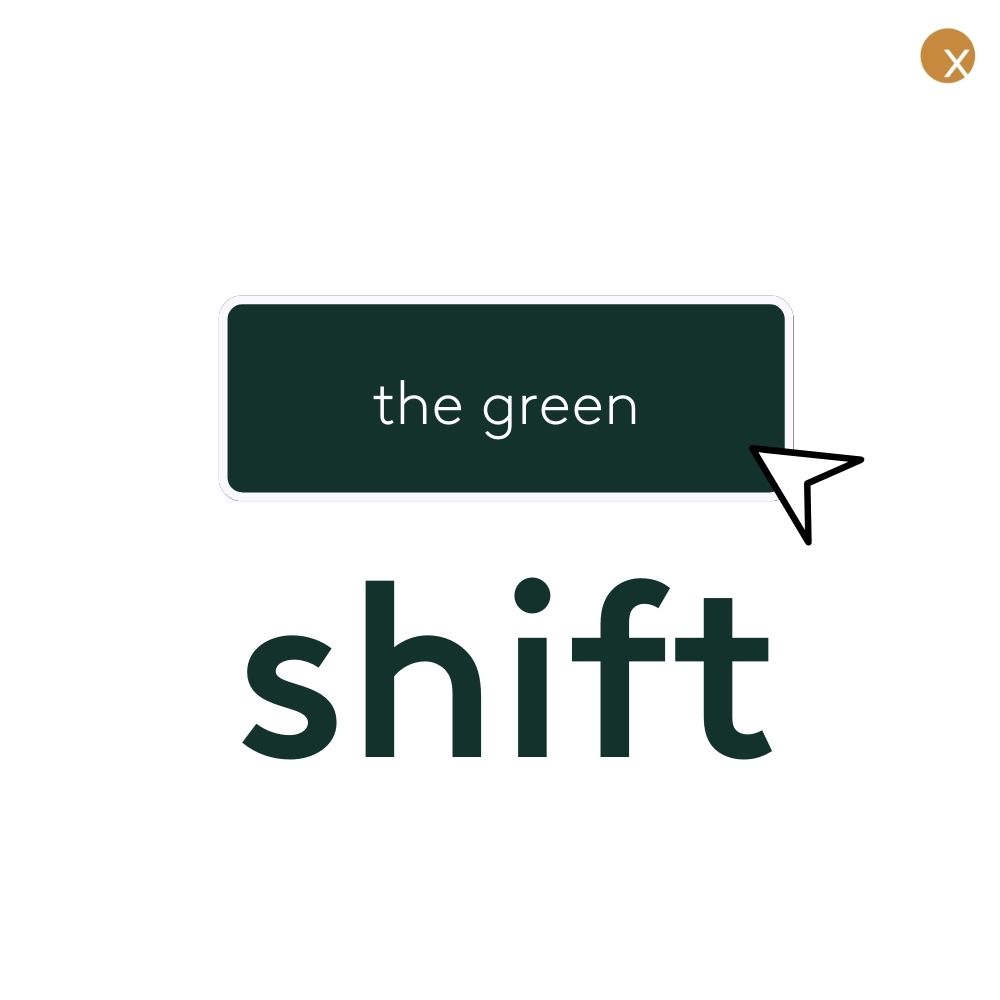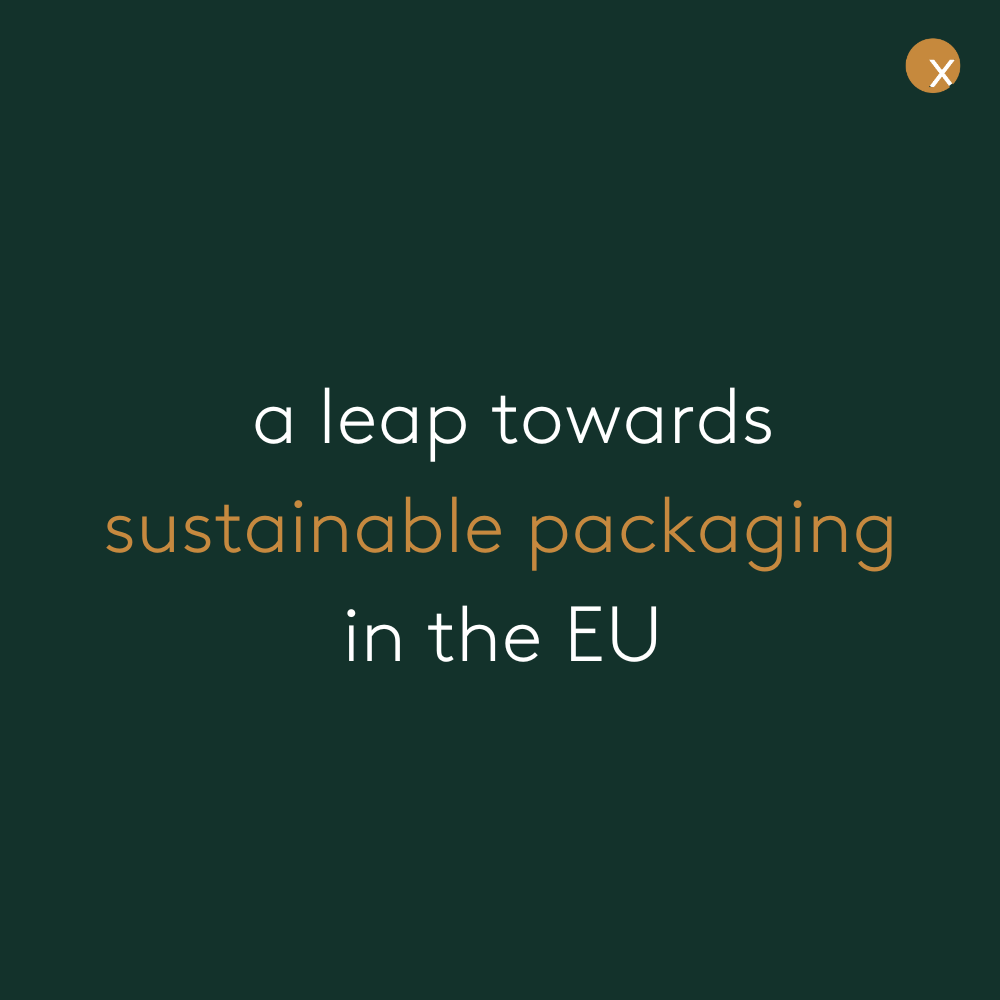Packaging waste is becoming a significant issue worldwide with the massive volume of shipped parcels. Let's see some unsettling facts:
- The number of parcels shipped worldwide in 2021 was approximately 159 billion. We receive an average of 21 packs per year for each person.
- This number is expected to grow to 200 billion by 2025 as more consumers turn to online shopping and e-commerce continues to expand globally.
- A study by the Ellen MacArthur Foundation found that e-commerce packaging accounts for 165 million tons of waste annually.
- This waste is largely composed of single-use packaging materials like cardboard boxes, plastic air pillows, and bubble wrap. These materials are often not recycled, leading to environmental pollution and the depletion of natural resources.
- From 2009 to 2020, paper and cardboard were the EU's primary packaging waste material (32.7 million tonnes in 2020).
- In addition to the environmental impact of packaging waste, parcel transportation also produces an enormous carbon footprint. According to a study by the University of California, Berkeley, e-commerce shipments generate 30% more greenhouse gas emissions per item than traditional retail store purchases.
- Research shows that reusing just 10% of plastic products would reduce the amount of plastic waste reaching the ocean by 50%.
These facts show us that the growth of e-commerce, even though it has brought comfort to our lives, has also created significant environmental challenges that must be addressed. We need to mitigate the impact of e-commerce by adopting more sustainable packaging practices, such as reducing the amount of packaging used in shipments, introducing the culture of reusability, and exploring how to make transportation more efficient. However, it is important to remember that sustainability is not a one-time solution but an ongoing process that requires commitment and collaboration from all of us. Let us roll up our sleeves, consumers and industries together, to build a more sustainable e-commerce industry.
Sources




